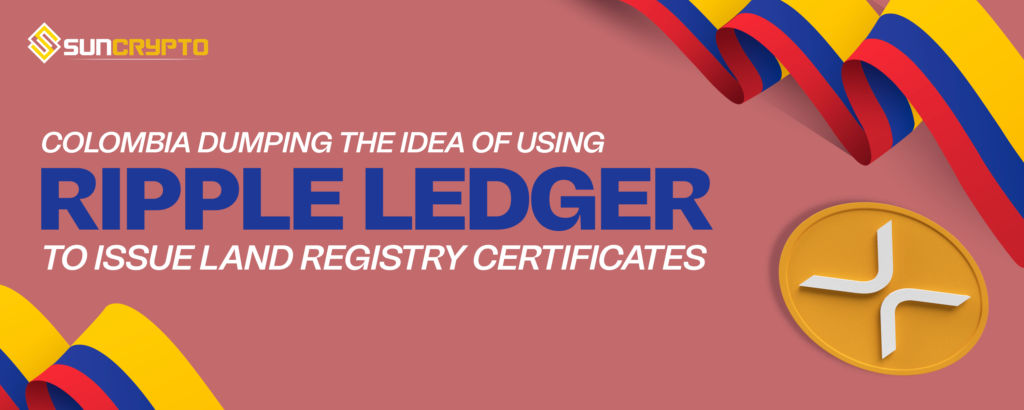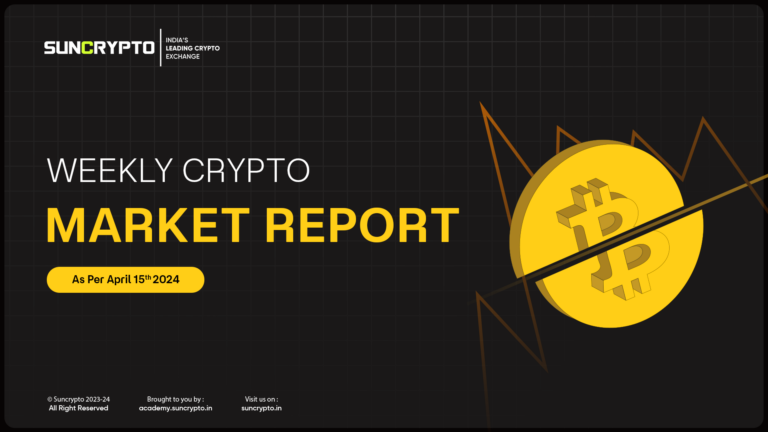After the initiative was “deprioritized” by the new administration, a collaboration between the Colombian government and Ripple Labs to put land titles on the blockchain appears to have ended.
Just two weeks before the newly elected president Gustavo Petro took the oath of office, the Ministry of Information Technology and Communications of the departing administration first announced the project but that got changed as soon as the government changed.
Earlier in July, the government announced that they would start using a new system that will be able to store and authenticate property titles using a new system that makes use of the Ripple Ledger. The National Land Agency hopes to use the technology, which was created by a third-party business named Peersyst Technology, to issue a record number of land adjudications for citizens.
But now as the government has changed they have decided to discard this decision as the project didn’t seem to be going anywhere. Juan Manuel Noruega Martnez who is the interim director of the agency said “The project is not one of the National Lands Agency’s strategic goals for 2022”.
In a written statement made in Spanish, he stated, “This isn’t one of the programs described in the PETI (Strategic Plan for Information Technologies). The co-founder of Blockchain Colombia (it is a blockchain and crypto entrepreneurs community) also said that “There’s a high chance that this decision is politically dead”
What was Ripple being used originally?
Ripple is a cryptocurrency that was released in the year 2012. It is known as a real-time gross settlement system and has gained huge popularity because of its work with financial services. This collaboration with the real estate department could have been a great deal especially when there are a lot of legal issues going on in the USA on ripple.
This new system was supposed to enable the issuance of land-related papers and the authentication of those documents without the need for outside parties.
The concept incorporated the ripple-based approach to help many landowners who still lack official documents proving their ownership of the land they live on normalize their status. To provide confidence in the solution chosen by Colombia, Peersyst Technology stated that this solution was supposed to certify more than 100,000 land adjudications.
The history of land rights in Colombia has been a long and exhausting one. According to the UN Refugee Agency, almost 7 million people were internally displaced throughout the years of drug warfare and FARC terrorist strikes.
Property rights were once again a political priority following the historic peace agreement signed in 2016 between the Colombian government and the Revolutionary Armed Forces of Colombia (FARC), which called for a thorough land reform to address Colombia’s rural and indigenous communities’ feelings of dehumanization.
The collaboration with Ripple and Peersyst aimed to expand on that by utilizing blockchain technology to make it simpler for consumers to examine land deeds involved in adjudication disputes. The blockchain system they developed was initially intended to register properties awarded by court adjudication, which is prevalent in Colombia as a result of the 2016 peace agreement.
The project appears to have been given almost zero priority by the new administration, despite ongoing negotiations between the businesses and government organizations.
Similar steps were taken by other countries
By using blockchain to record every interaction, the Brazilian Blockchain Network, a project that wants to create a shared infrastructure for institutions to build apps on, promises to increase the transparency of how the government operates.
Similar to this, a cryptocurrency bill passed by the Panamanian National Assembly included a plan to develop a blockchain-based ID system to make it easier for people in the nation to access ID-related services. However, president Laurentino Cortizo partially vetoed the bill due to concerns about money laundering.
For more content related to countries dumping the idea of using Ripple Ledger and cryptocurrency check out Suncrypto Academy.
Disclaimer: Crypto products and NFTs are unregulated and can be highly risky. There may be no regulatory recourse for any loss from such transactions. All content provided is for informational purposes only, and shall not be relied upon as financial/investment advice. Opinions shared, if any, are only shared for information and education purposes. Although the best efforts have been made to ensure all information is accurate and up to date, occasionally unintended errors or misprints may occur. We recommend you to please do your own research or consult an expert before making any investment decision. You may write to us at [email protected].





